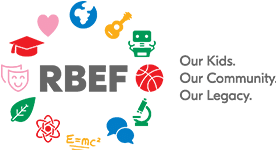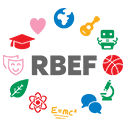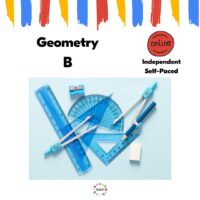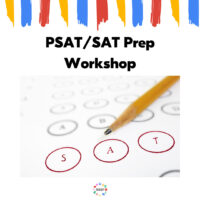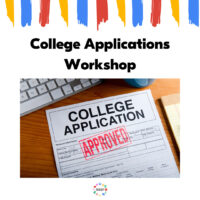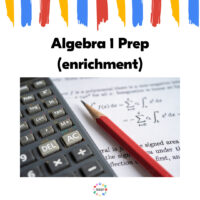ONLINE, SELF-PACED
This course will require in-person, proctored final exams. Several options are offered (see below), but students must choose one of the available exam times in order to pass the class. Alternate exam options are not available.
|
Wednesday
|
Thursday
|
Monday
|
|
July 30
|
July 31
|
August 4
|
|
9:00 am – 12:00 pm
|
1:00 pm – 4:00 pm
|
9:00 am – 12:00 pm
|
Grade Level: 9th-12th
Length: One semester (5 credits). Session A covers the 1st semester and Session B covers the 2nd semester. Students need to take BOTH A and B sessions to get a full year of credit for a class (10 credits). Students are not permitted to take one session in one summer and another session at a later date.
Dates: July 14 – August 3 (If you wish to start Session B prior to July 14, please contact us at contact@rbef.org)
UC/CSU Subject Area: C
RBUSD Graduation Credit Category: Math
Prerequisite: Algebra 1
NCAA-approved
Platform: APEX Learning, a WASC accredited online school. RUHS Teachers of Record monitor student progress, grade some of the tests/assignments, and are available for consultation. Office hours will be decided by each teacher and will be communicated to students after enrollment in each class. This course will require in-person, proctored final exams. Several options will be offered, but students must choose one of the available exam times in order to pass the class. Alternate exam options will not be available.
This course builds upon students’ command of geometric relationships and formulating mathematical arguments. Students learn through discovery and application, developing the skills they need to break down complex challenges and demonstrate their knowledge in new situations.
Course topics include reasoning, proof, and the creation of sound mathematical arguments; points, lines, and angles; triangles and trigonometry; quadrilaterals and other polygons; circles; congruence, similarity, transformations, and constructions; coordinate geometry; three-dimensional solids; and applications of probability.
This course supports all students as they develop computational fluency and deepen conceptual understanding. Students begin each lesson by discovering new concepts through guided instruction, and then confirm their understanding in an interactive, feedback-rich environment. Modeling activities equip students with tools for analyzing a variety of real-world scenarios and mathematical ideas. Journaling activities allow students to reason abstractly and quantitatively, construct arguments, critique reasoning, and communicate precisely. Performance tasks prepare students to synthesize their knowledge in novel, real-world scenarios and require that they make sense of multifaceted problems and persevere in solving them.
